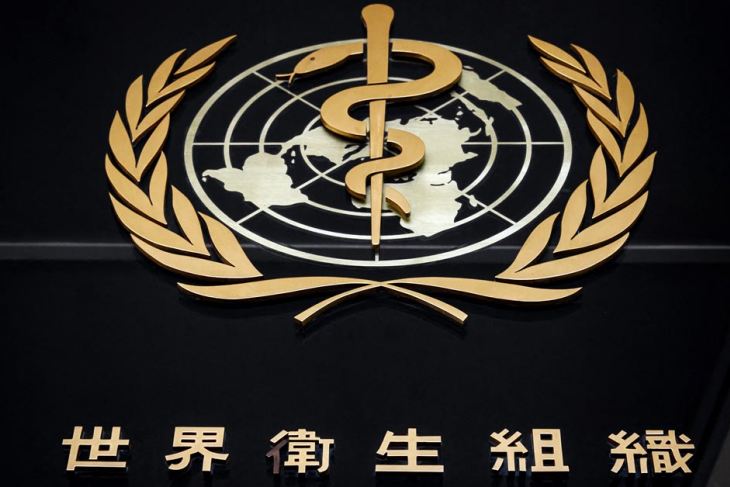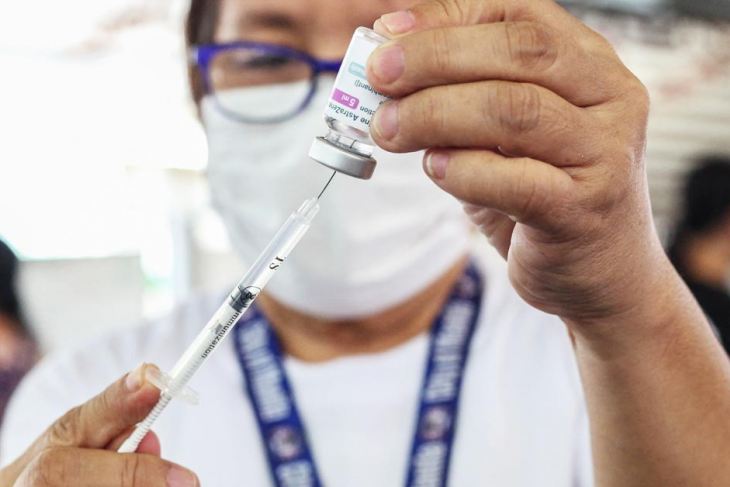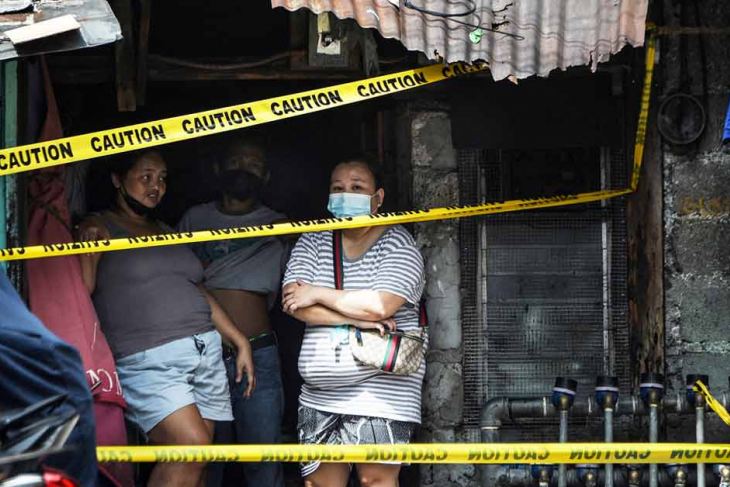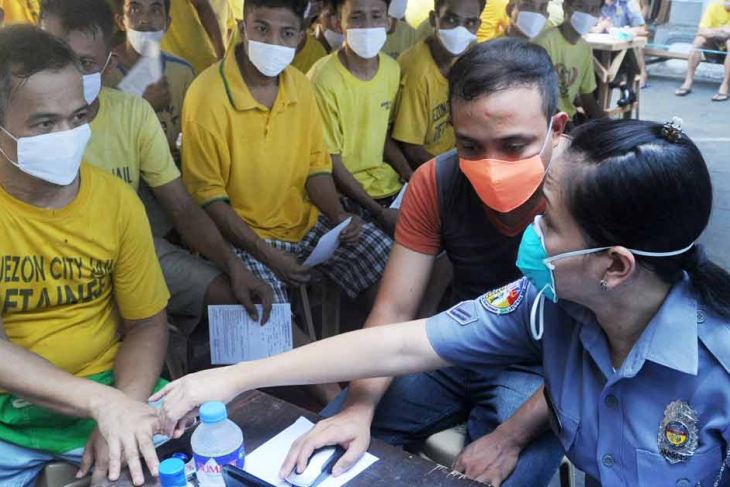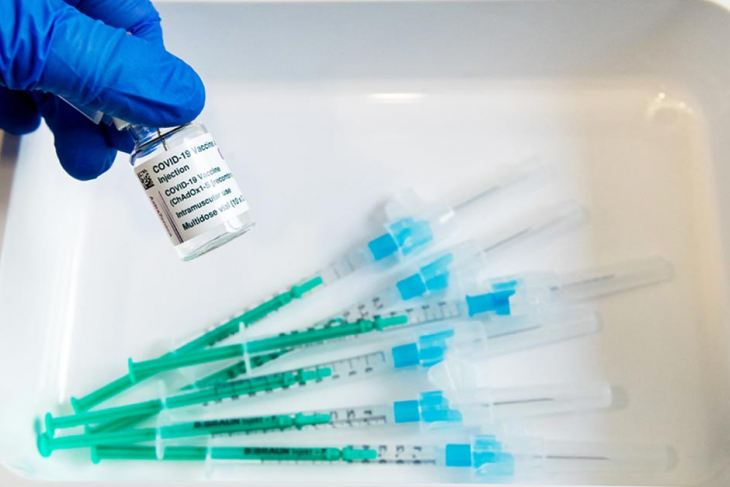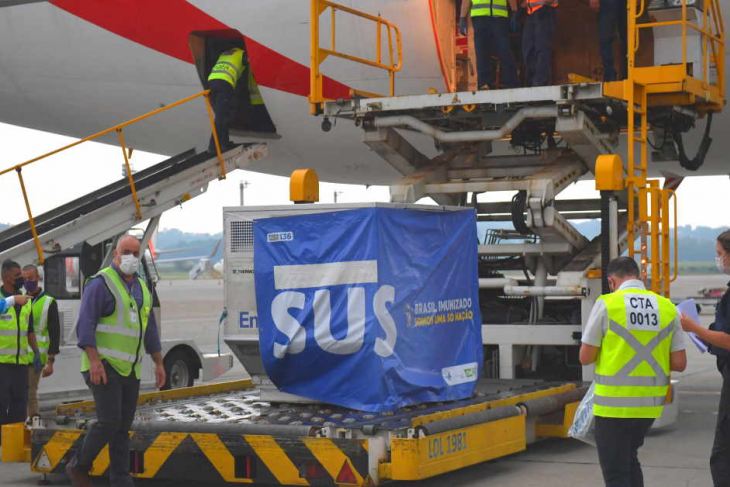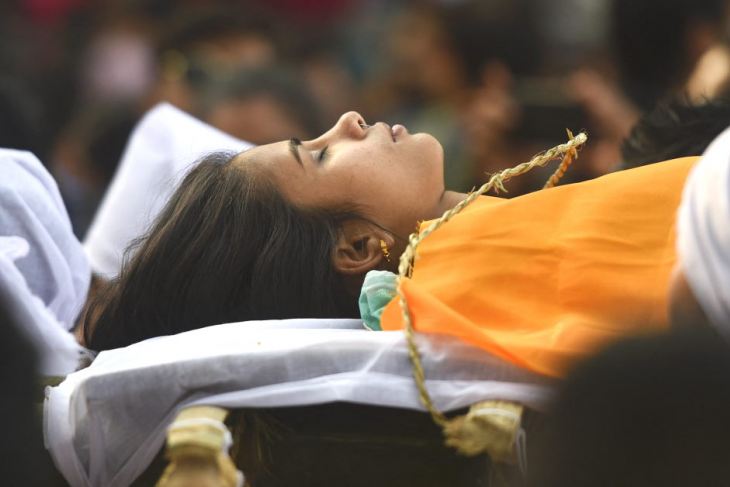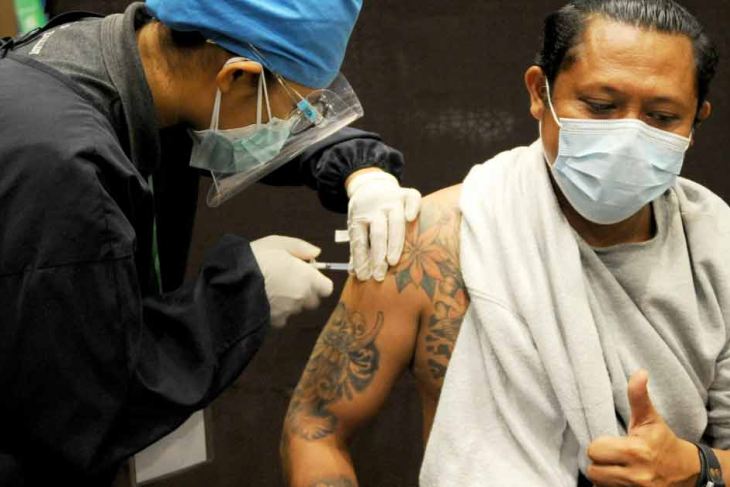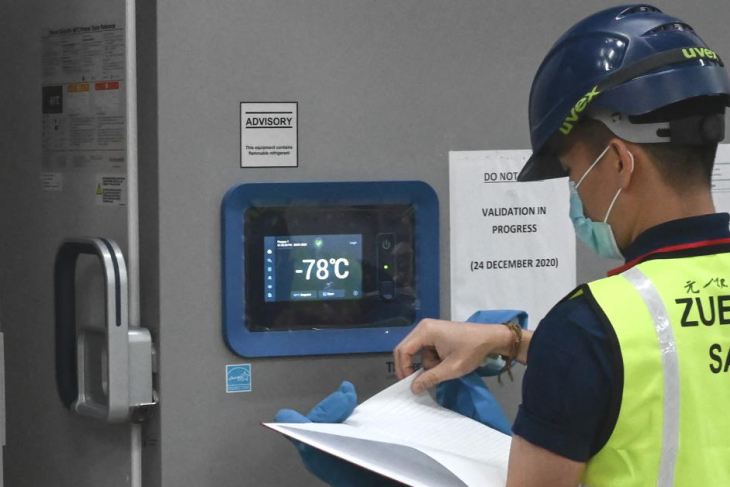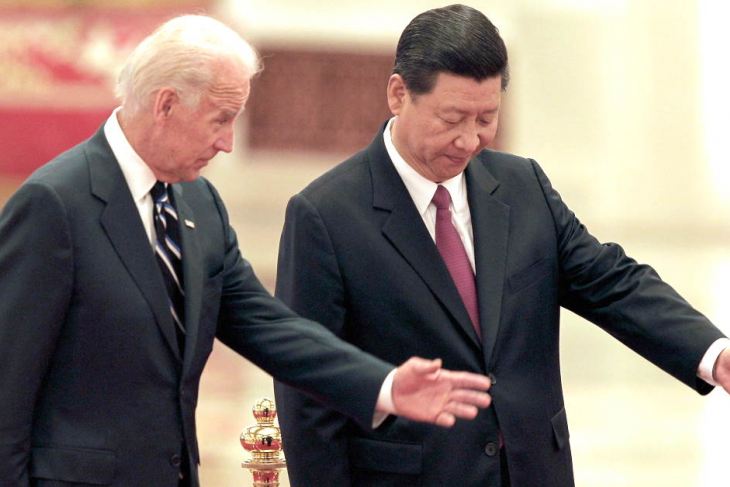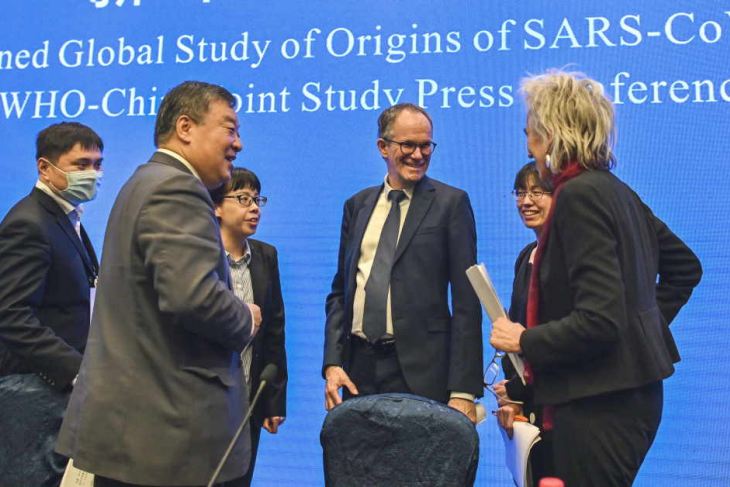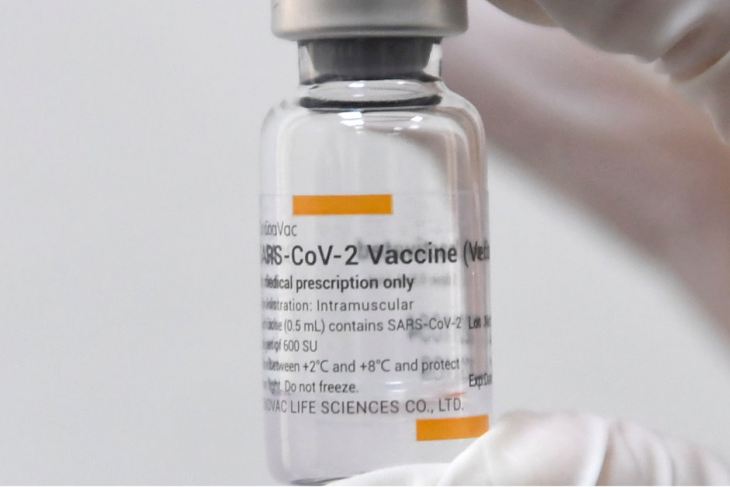World Health Organization
The United States (US) led a chorus of concern on Tuesday over a World Health Organisation (WHO)-backed report into the origins of the coronavirus in China, with accusations swirling that Beijing failed to give proper access to investigators.The United States released a statement with 13 of its allies - Britain, Japan and Australia among them - saying the inquiry had lacked the data and samples it needed.WHO chief Tedros Adhanom Ghebreyesus had earlier made a similar criticism, saying the tea
COVID-19 probably came to people through an animal, and likely started spreading no more than a month or two before it was noticed in December 2019, a World Health Organisation (WHO) draft report finds.The least likely source: a laboratory leak, the WHO's joint international team concluded.The WHO is scheduled to release the final report on its investigation into the origins of coronavirus on Tuesday, but a draft version of the report obtained by CNN shows there's still no smoking g
In the last couple of days, the Philippines has been experiencing a surge in the number of COVID-19 cases most especially in the National Capital Region (NCR).
It has been slightly more than a year since the COVID-19 virus emerged in Wuhan, China in 2019. The current health crisis has taken over 2.7 million lives since then and continues to infect thousands of people every day. While more than 400 million people have been vaccinated with coronavirus jabs, nations across the globe are still struggling to contain the deadly virus.
Although mass vaccination campaigns are picking up speed in the West, the end of the COVID-19 pandemic is still not even in sight.
As countries scramble to secure COVID-19 vaccines, ugly expressions like “vaccine race” and “vaccine apartheid” have entered the global lexicon.
Media headlines and stories of domestic abuse and violence against women are, unfortunately, common these days.
It is unrealistic to think the world will be done with the COVID-19 pandemic by the end of the year, the World Health Organization (WHO) warned Monday.WHO emergencies director Michael Ryan said it might however be possible to take the tragedy out of the coronavirus crisis by reducing hospitalisations and deaths.But the virus remains in control, he added, especially given that global new case numbers increased last week after six consecutive weeks of decline."It will be very premature, an
Vaccinating the world against COVID-19 is one of mankind’s most critical non-wartime efforts ever. Many countries have developed ambitious, politically sensitive, and carefully sequenced vaccination plans, but executing them successfully will be a challenge. To succeed, policymakers should build three realistic assumptions into their vaccination planning for 2021 and beyond. First, delays are inevitable.
United States (US) President Joe Biden’s new administration has begun to show its hand regarding its policy toward China.
The world should be prepared for the coronavirus to continue to circulate long-term despite the roll-out of vaccines, the head of the European Union’s (EU) European Centre for Disease Prevention and Control (ECDC) health agency, Andrea Ammon, said on Friday."We should be prepared that it will remain with us," the head of the Stockholm-based health agency said in an interview with AFP."It seems more likely that it would stay.
China's drug authorities have given "conditional" approval for a second COVID-19 vaccine, Sinovac's CoronaVac jab, the pharmaceutical company said Saturday.The vaccine has already been rolled out to key groups at higher risk of exposure to coronavirus but Saturday's approval allows for its use on the general public.A conditional approval helps hustle emergency drugs to market in cases when clinical trials are yet to meet normal standards but indicate therapies will wo
